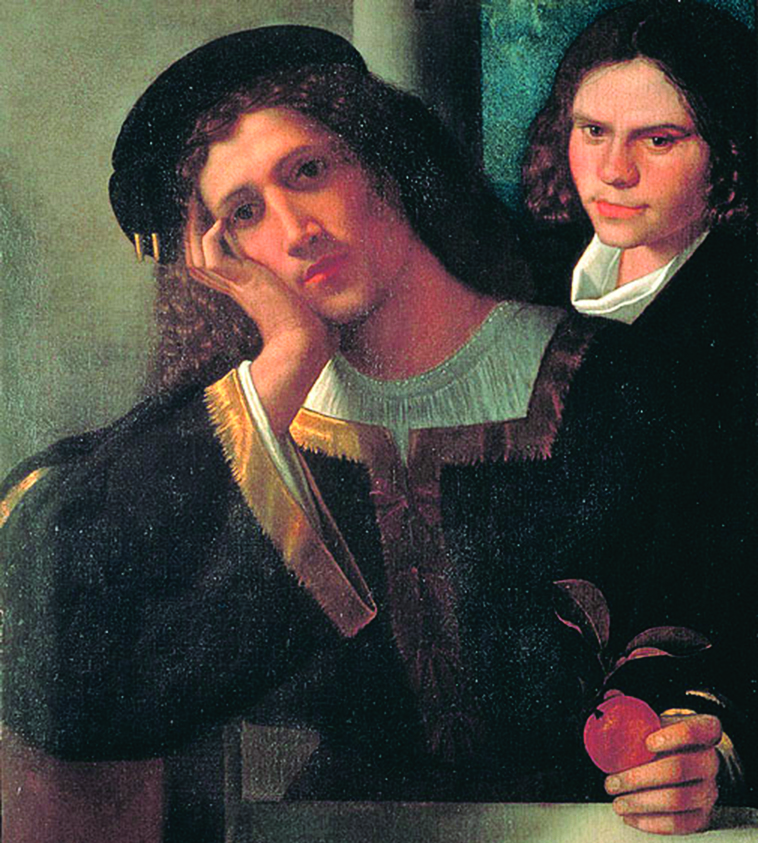Experience of Value

The old-fashioned role of the critic—to establish a hierarchy of value in the arts, literature, and even in philosophy—became subject to important critiques in the last 40 years. Many have pointed out the ideological work of such value judgments and the ideologically inflected presuppositions inherent in the processes of evaluating. These critiques utterly refashioned the humanities. The 2011-2012 Strategic Working Group on Experience of Value investigated a renewed engagement with questions of value and valuing—one that can learn lessons from critiques but can also counter the various hermeneutics of suspicion with feasible accounts of what positive work the humanities can do in relation to questions about values.
The Strategic Working Group studied enough economic thinking and moral philosophy to recognize the challenges these disciplines impose on any approach more insistent on individuation, affect, and performance, while also striving to become more sophisticated in articulating those alternatives. After beginning with works that offer examples for using economic models of value to think about social and personal issues, the group then turned to philosophical critiques of those models and philosophy’s attempts to stabilize discourses about values under the same versions of skepticism facing the humanities. Finally, the group considered examples in philosophy, criticism in the arts, and literary theory to test what is possible for shaping alternatives that offer the humanities a public face.